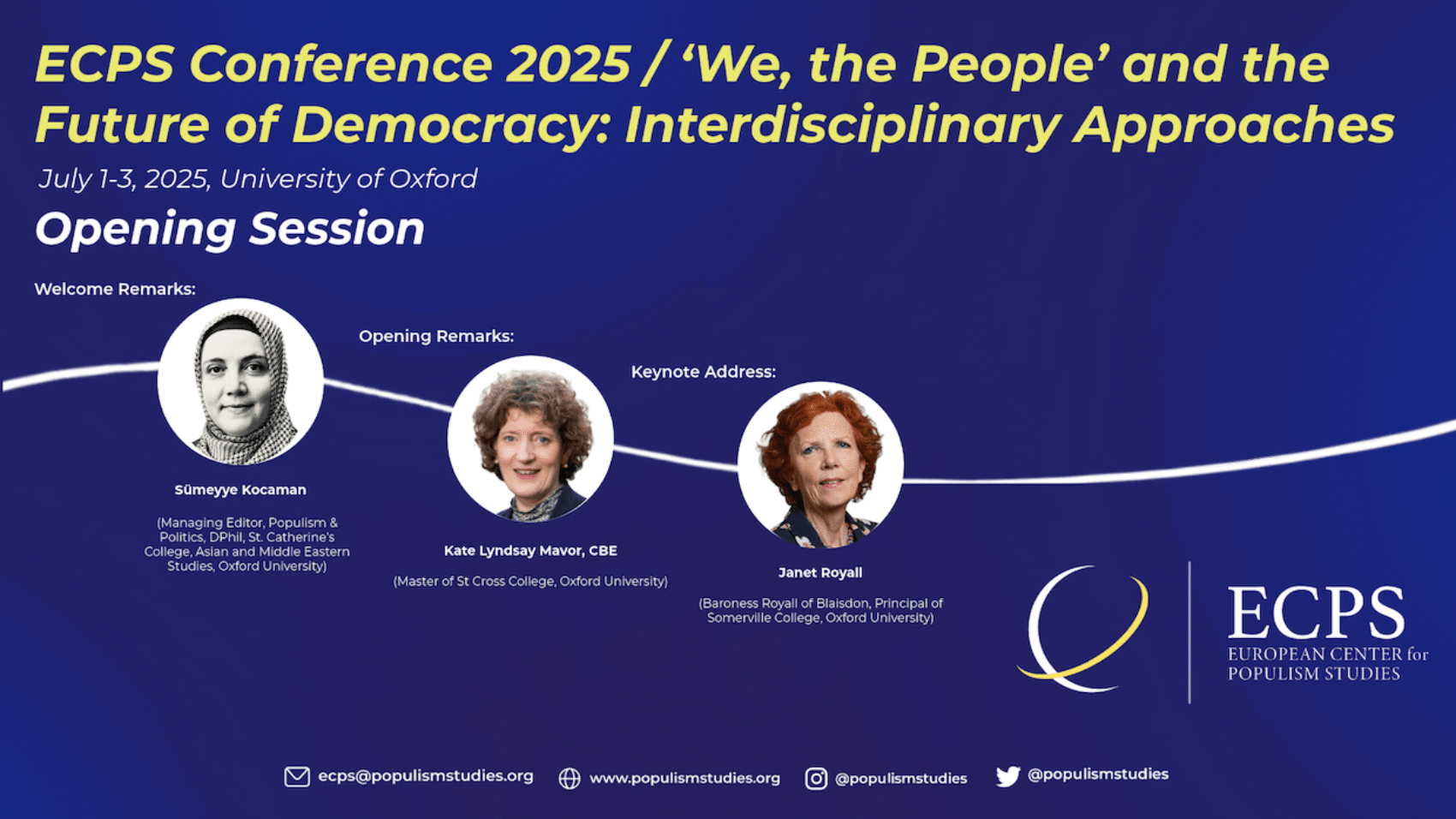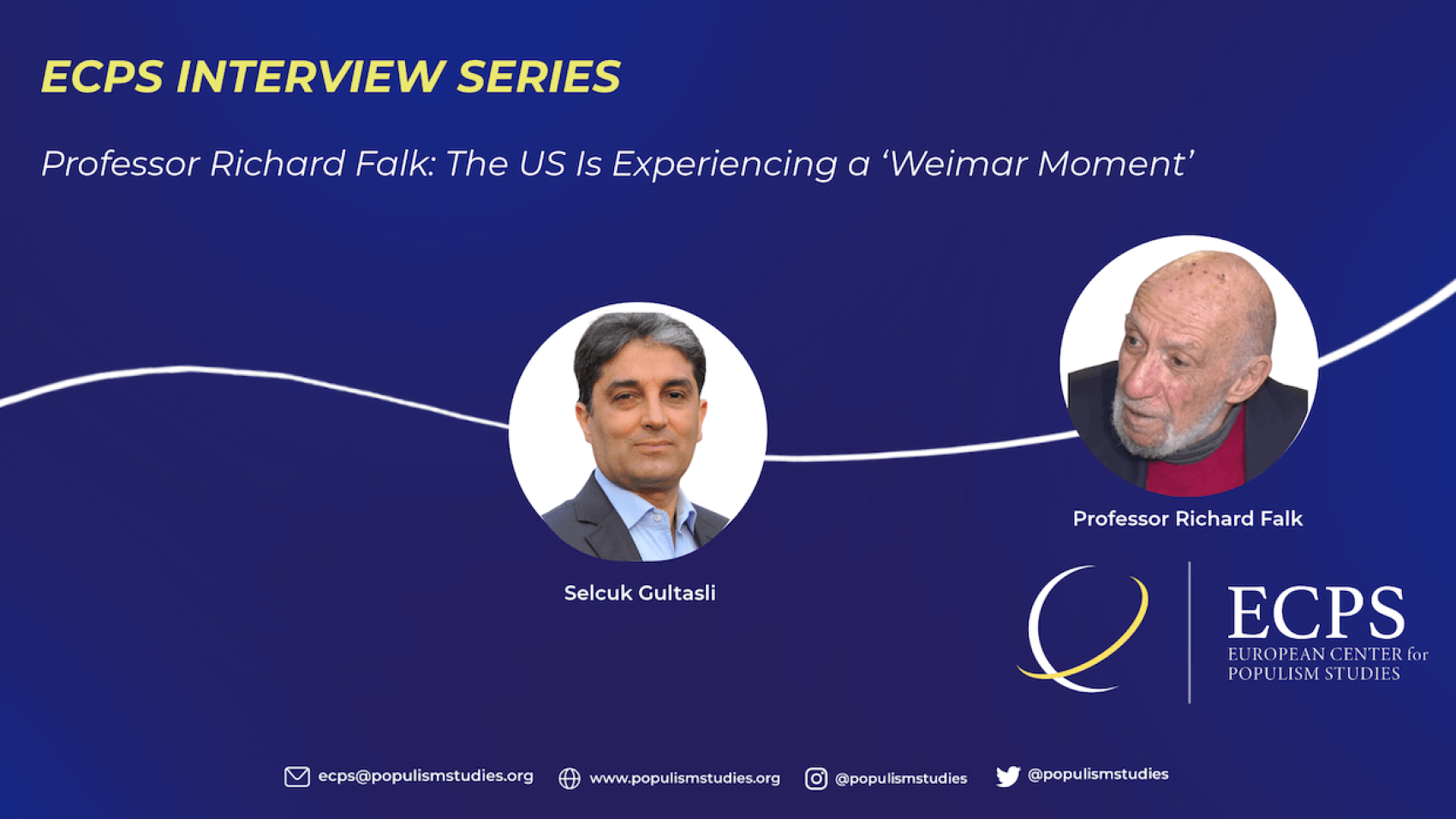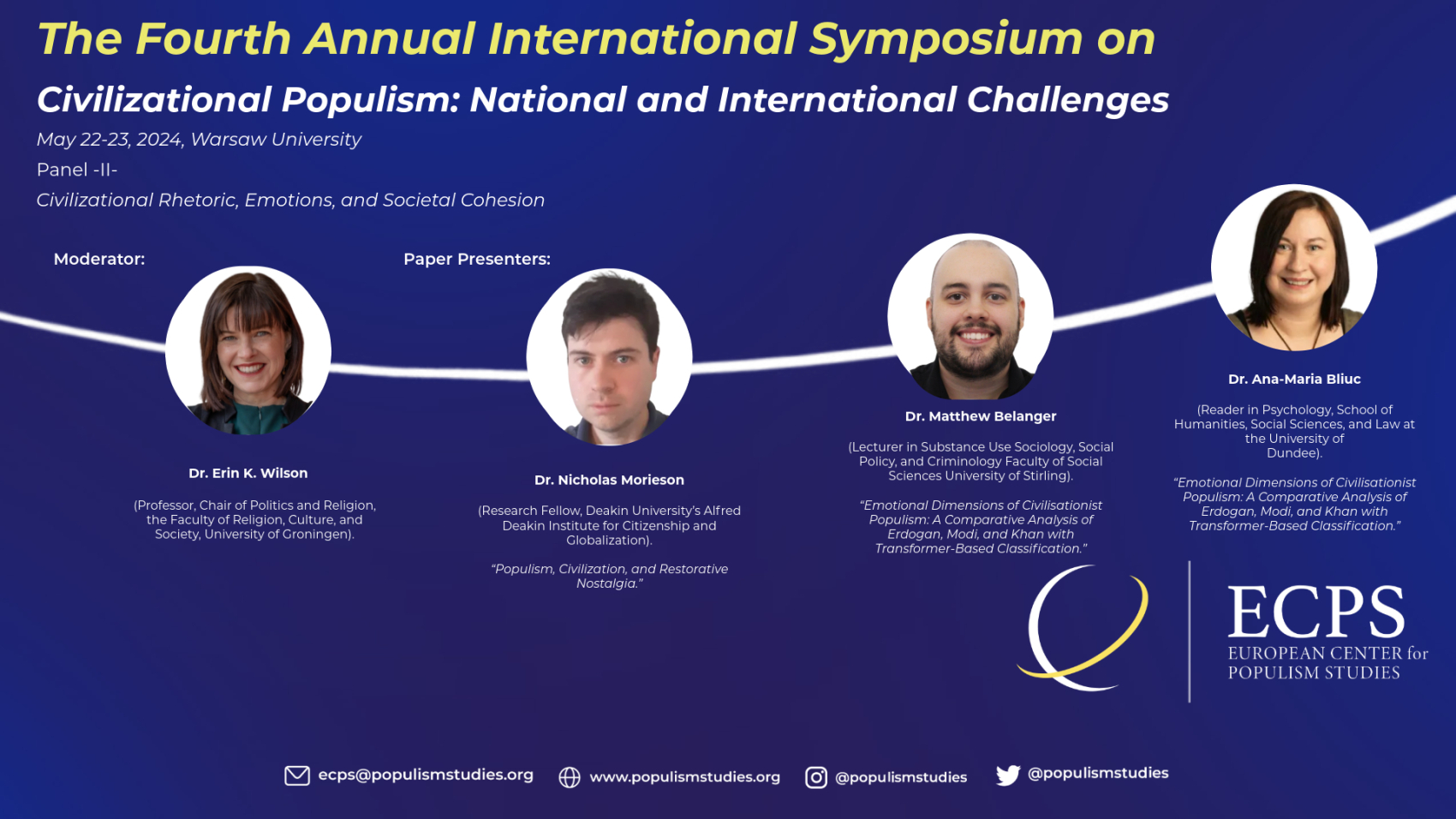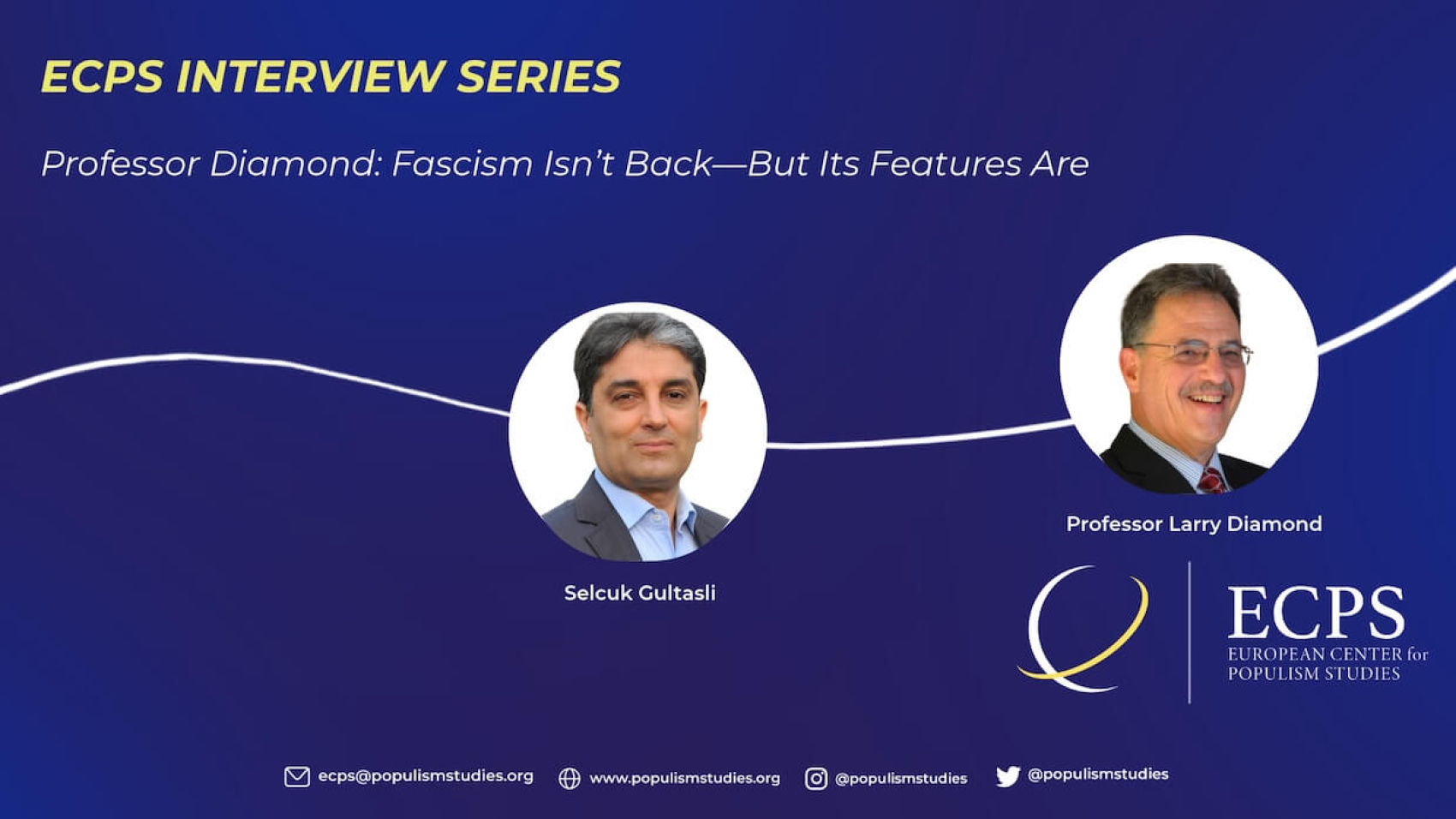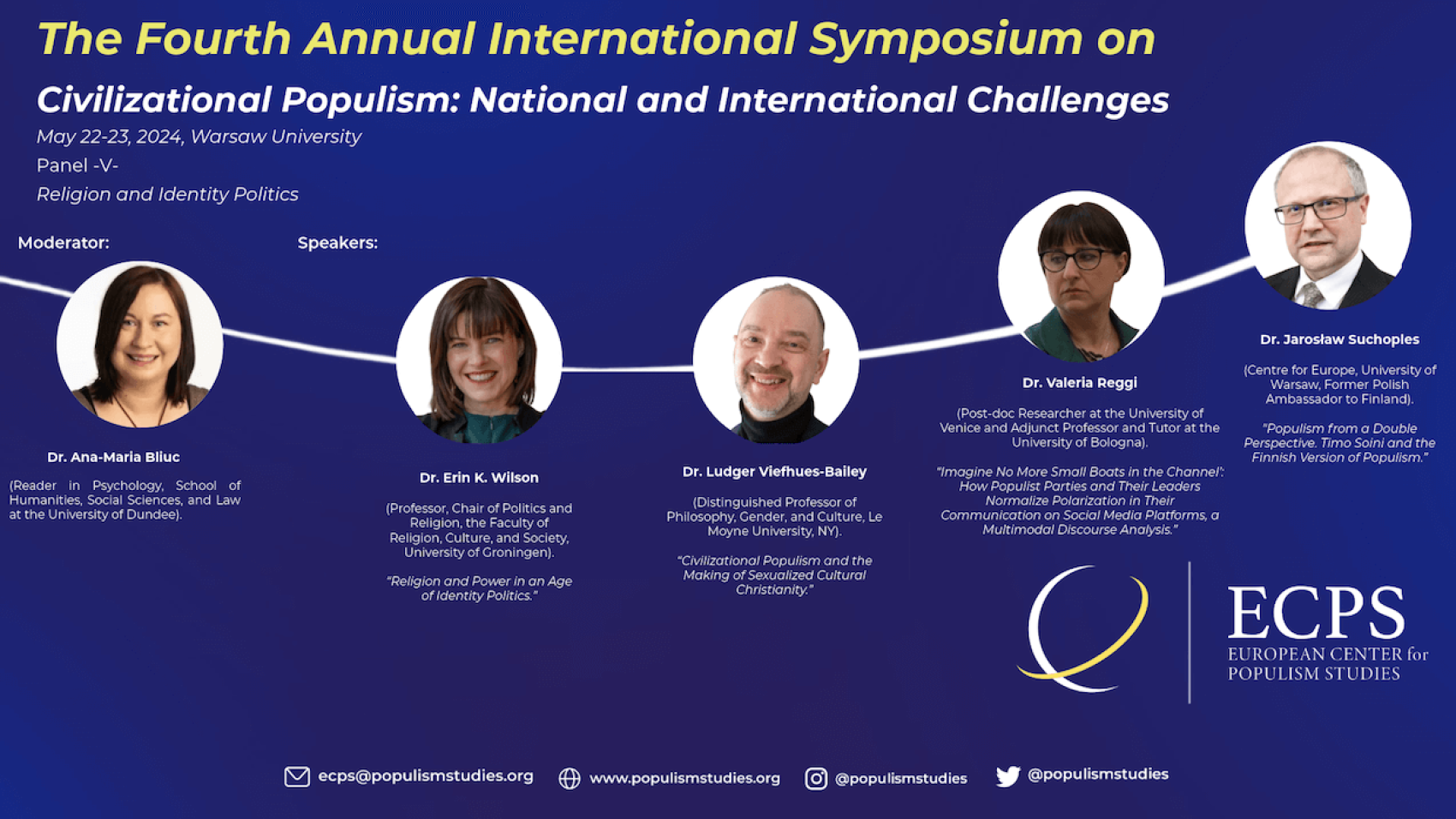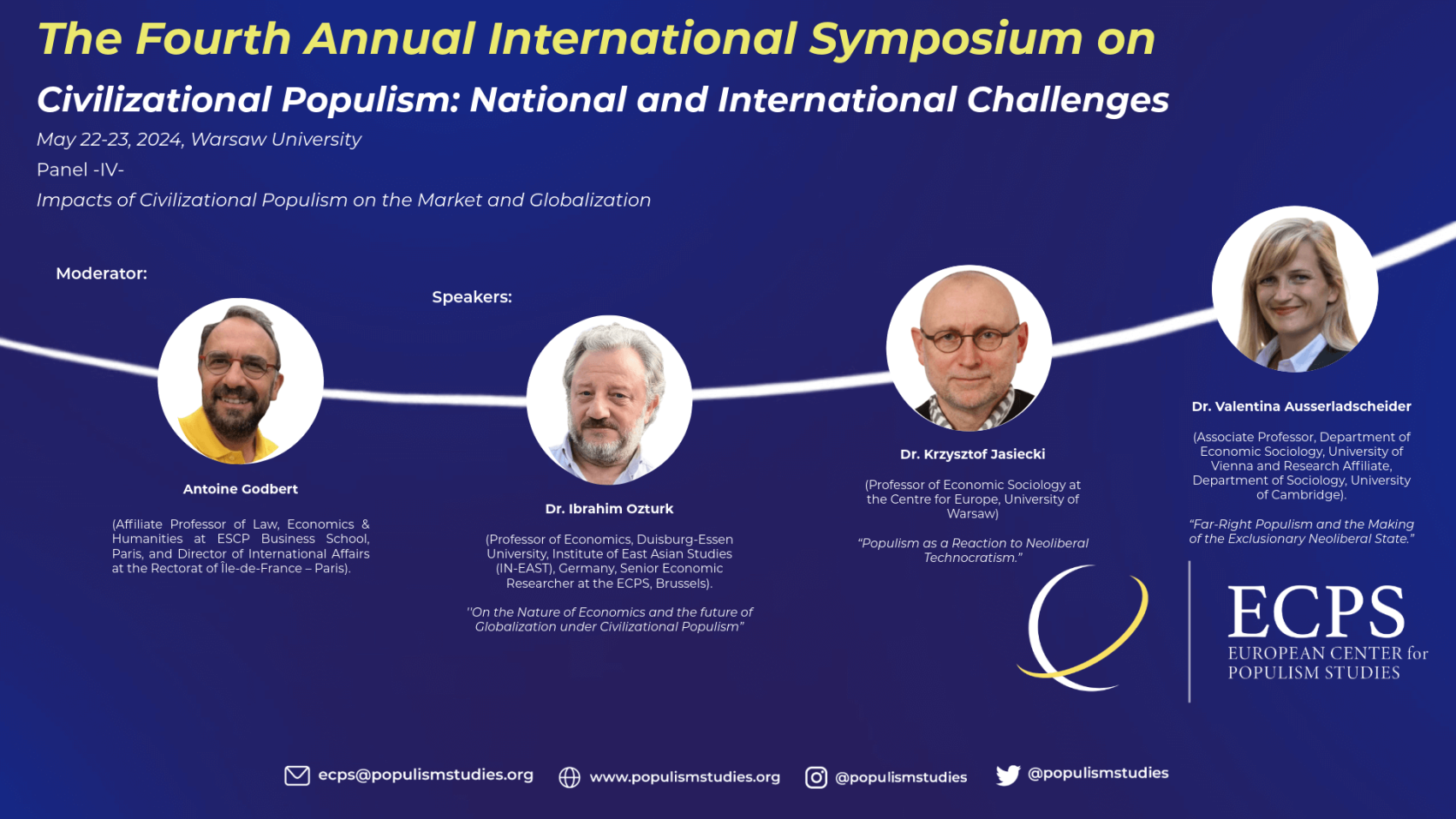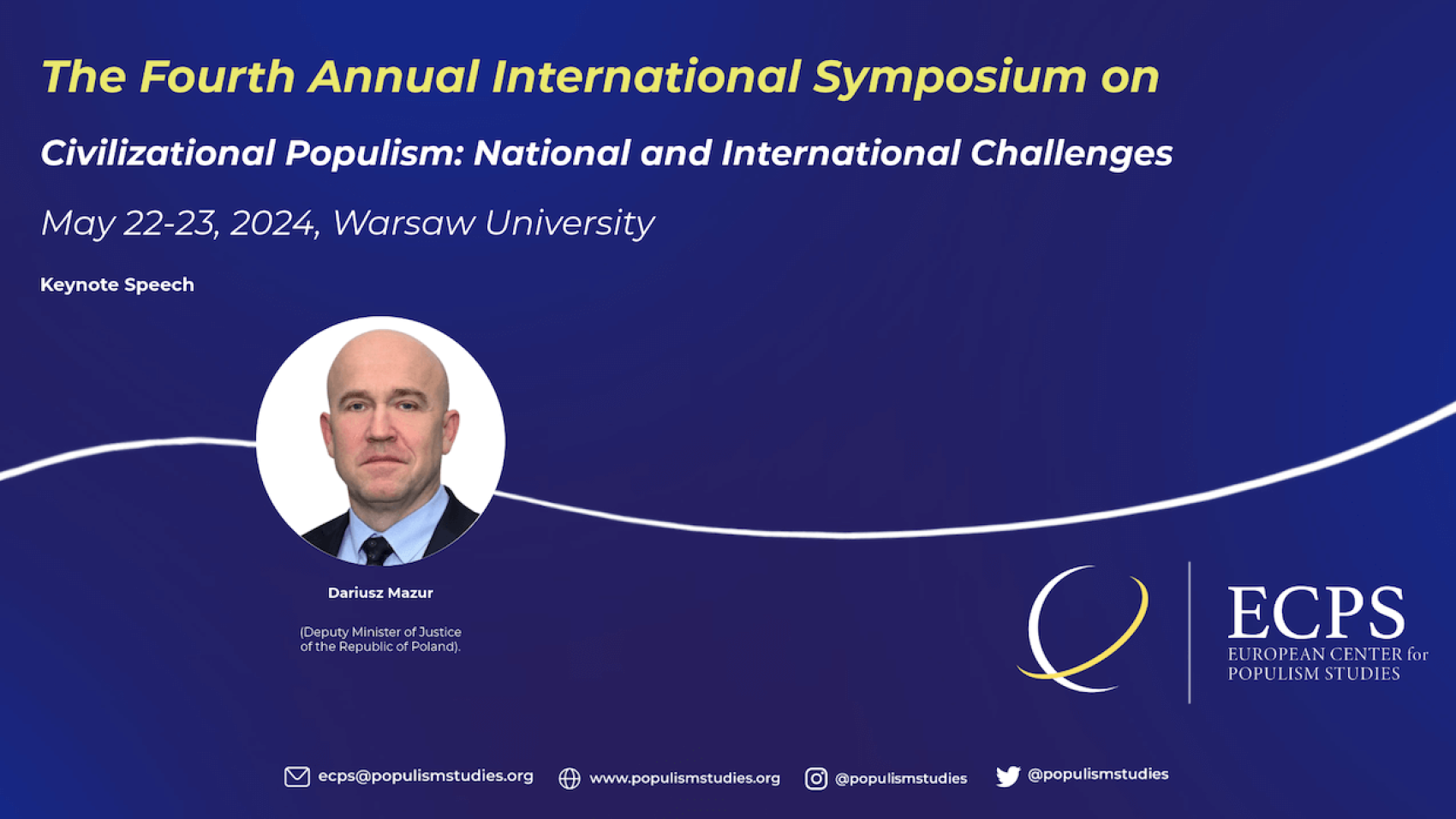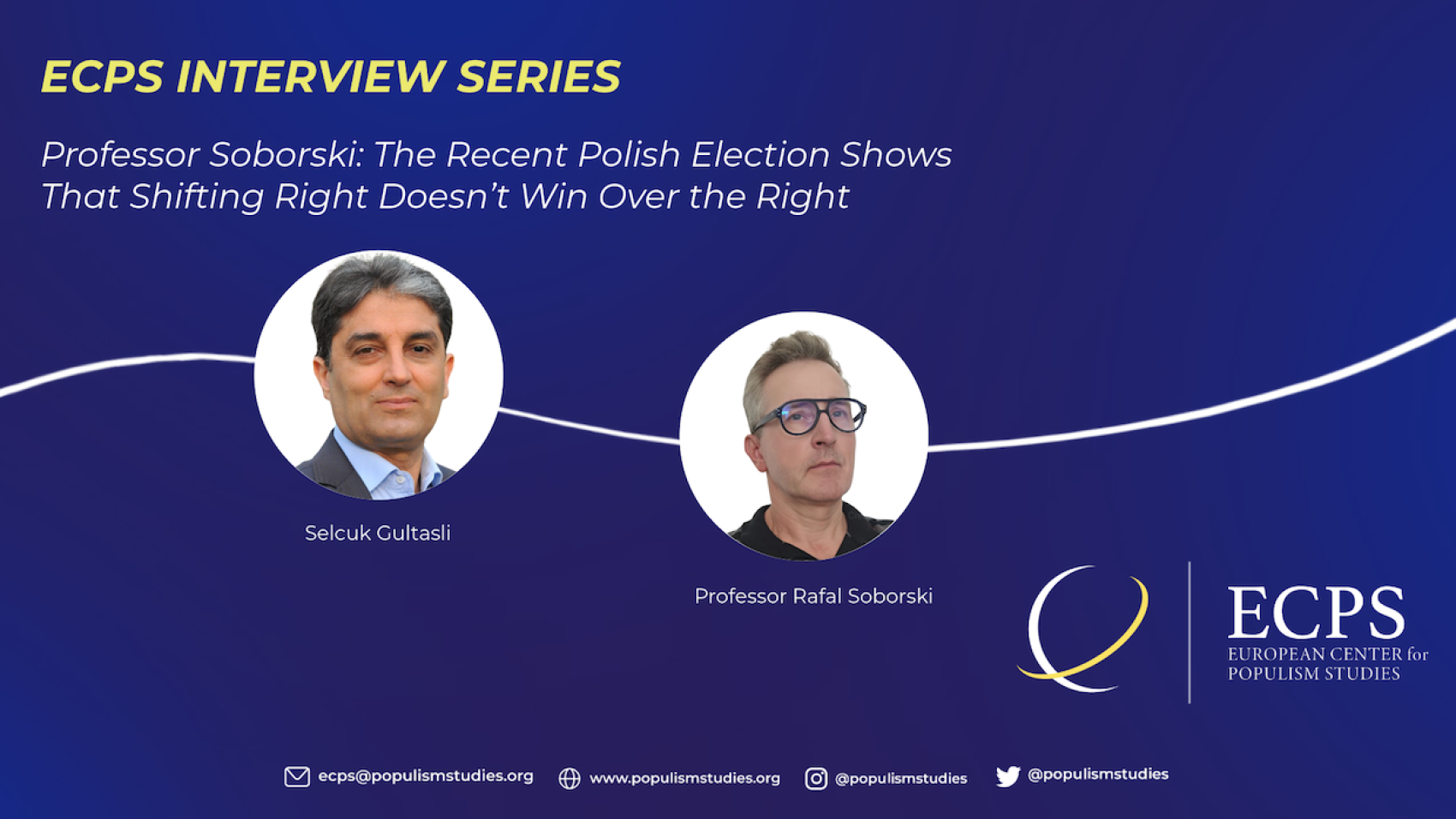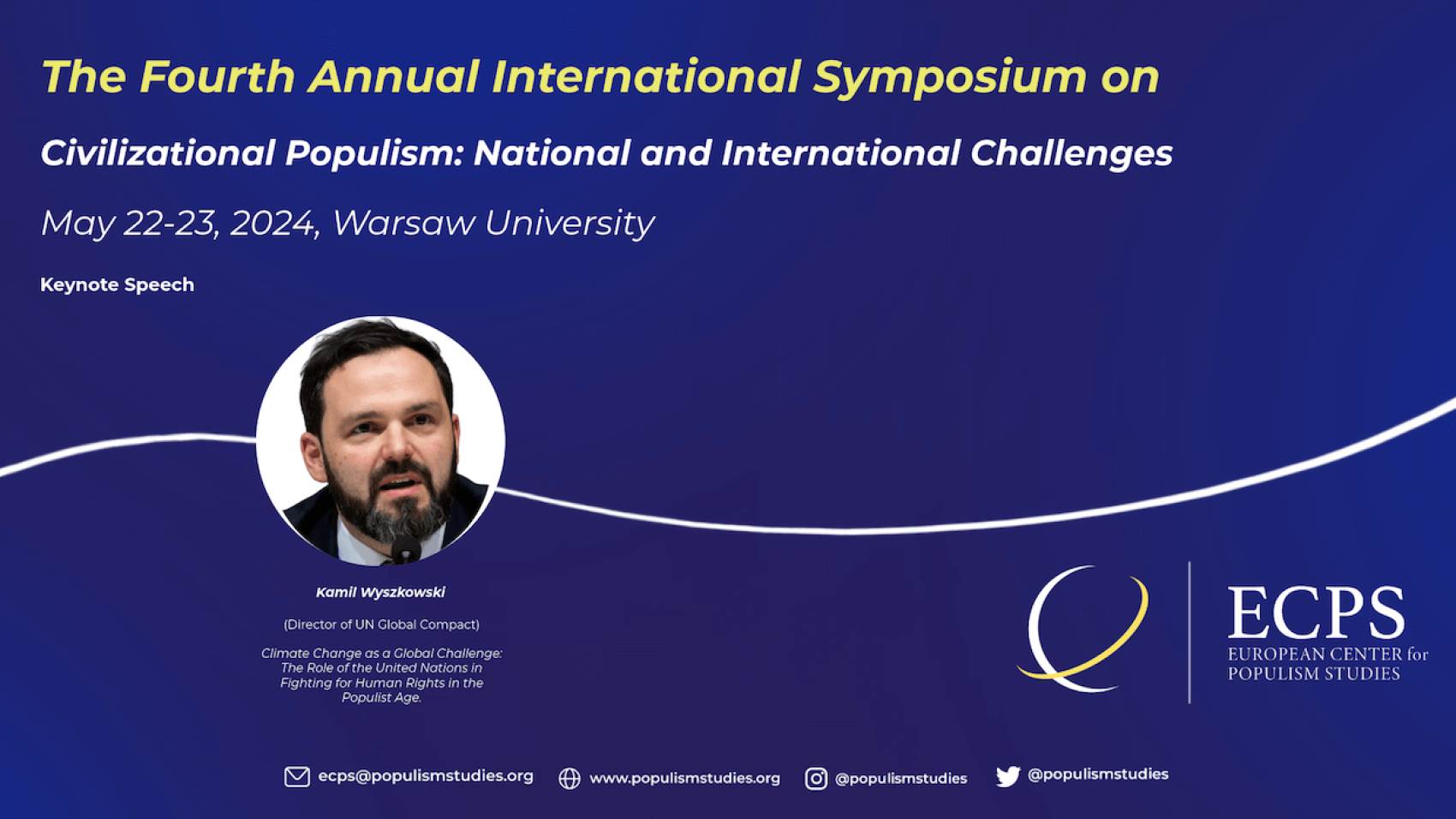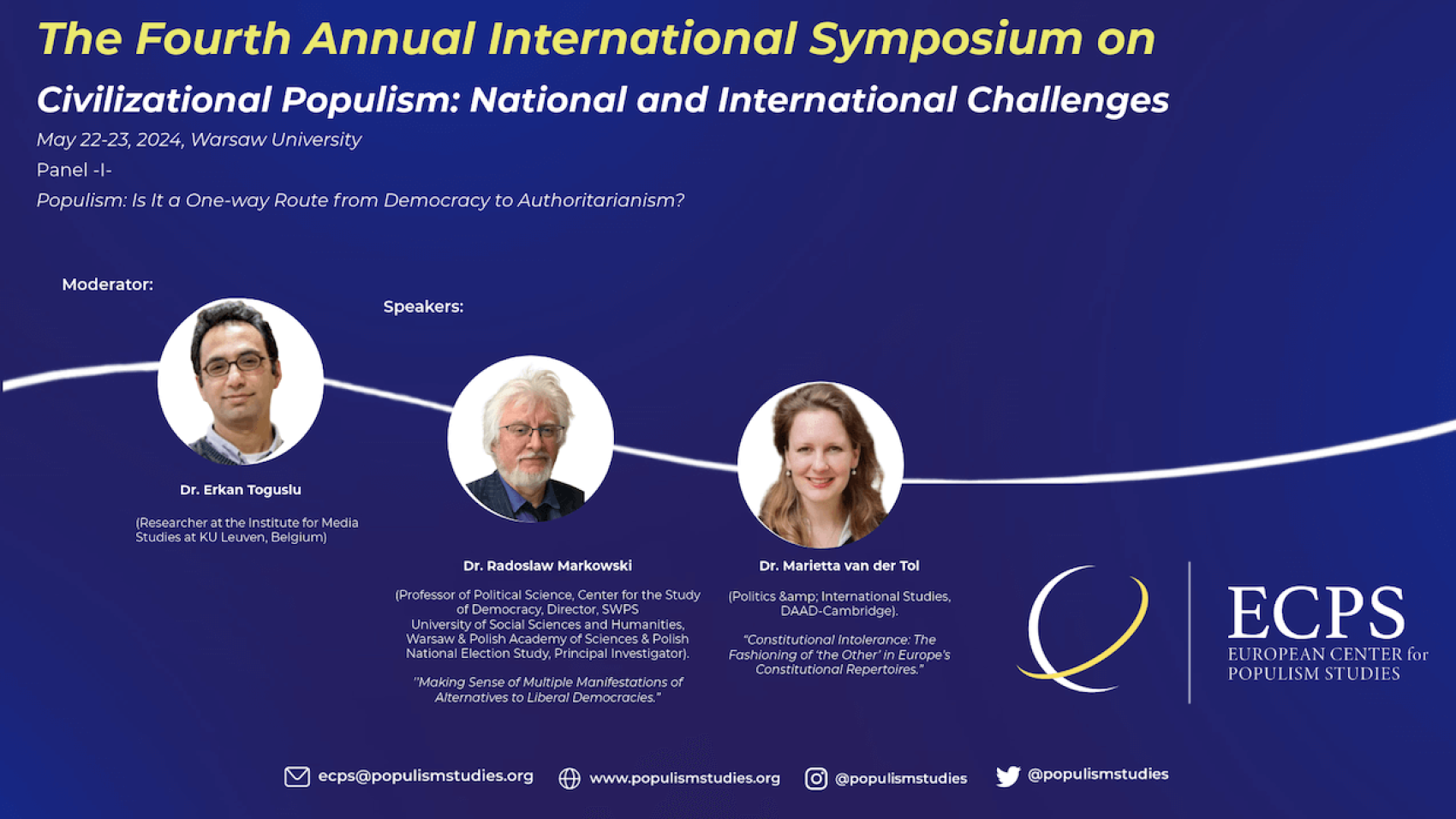The ECPS Conference 2025 at the University of Oxford began with a timely and thought-provoking opening session that explored the evolving meaning and political utility of “the people” in democratic discourse. Sümeyye Kocaman offered a nuanced welcome, highlighting how the term has been used across history to empower, exclude, and politicize identity. Kate Mavor, Master of St Cross College, underscored the value of interdisciplinary exchange in addressing democratic challenges, noting how the College’s diverse academic environment aligned naturally with the conference’s aims. Baroness Janet Royall then delivered a compelling keynote, warning of the double-edged nature of “the people” as both democratic ideal and populist tool. Her address emphasized the need for inclusion, institutional integrity, civic renewal, and interdisciplinary cooperation in the face of democratic erosion. The session set the stage for critical and globally relevant dialogue across disciplines.
Reported by ECPS Staff
The opening session of the ECPS Conference 2025 at the University of Oxford commenced with a series of remarks that collectively set an intellectually rich and politically urgent tone for the days ahead. Sümeyye Kocaman, DPhil candidate at St. Catherine’s College and conference coordinator on behalf of the European Center for Populism Studies (ECPS), offered a thoughtful and inclusive welcome, grounding the event in the contested and evolving significance of “the people.” She reflected on how this concept—invoked across diverse historical, geographical, and ideological contexts—has served both emancipatory and exclusionary purposes. Drawing on her research and recent electoral analyses, she highlighted the growing resonance of populist narratives and the imperative to examine how democratic rhetoric shapes lived experience beyond the ballot box.
Following Kocaman, Kate Mavor, CBE, Master of St Cross College, welcomed participants on behalf of the host institution. Emphasizing the interdisciplinary character of St Cross—a graduate college home to scholars from over 60 fields—she noted the alignment between the conference’s aims and the College’s commitment to cross-disciplinary dialogue.
Baroness Janet Royall of Blaisdon, Principal of Somerville College, then delivered an incisive keynote, urging participants to confront the dual nature of “the people” as both democratic foundation and potential populist weapon. Her address called for rigorous, interdisciplinary engagement and collective democratic renewal.

